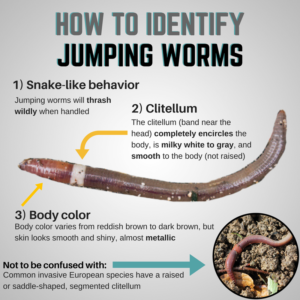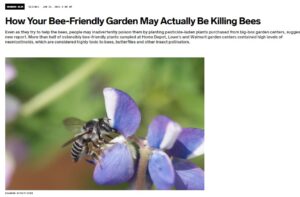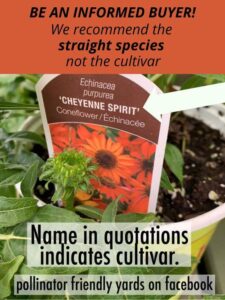Many of us are creating pollinator gardens, buying native plants and shifting to more ecologically beneficial landscape management to support the important insects that pollinate our vegetables and flowers. These bees, wasps, butterflies, moths, flies and even some beetles carry pollen from one flower to another. For self-pollinating flowers, insects move pollen to the parts of the flower that need it. Some insects can carry pollen over long distances, which can help to spread genetic diversity in a plant population.
“Pollinators including bees, wasps, bats, flies, birds, and butterflies are essential to the majority of the flowering plants in our environment. Pollinators are needed in the production of over 130 different food crops. It is estimated that pollinators are responsible for 1 out of every 3 bites of food that we eat.” says Peg Goodwin in “Why we should care about Pollinators”, a terrific North Carolina Cooperative Extension article, February 8, 2018.
Unfortunately it is easy to do harm even when we are trying to create more joy and health in our landscape. Here are three, crazy important ideas to consider as you create and manage your very own nature haven.
Healthy Landscape Pointers (1)


